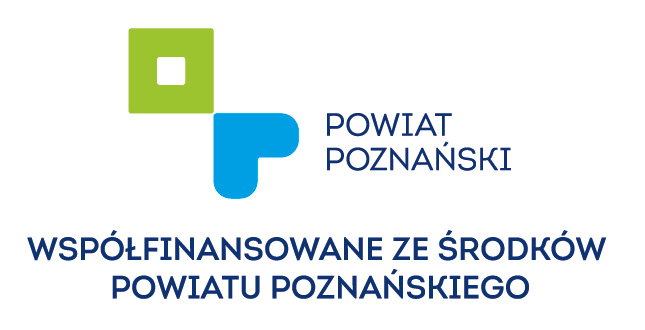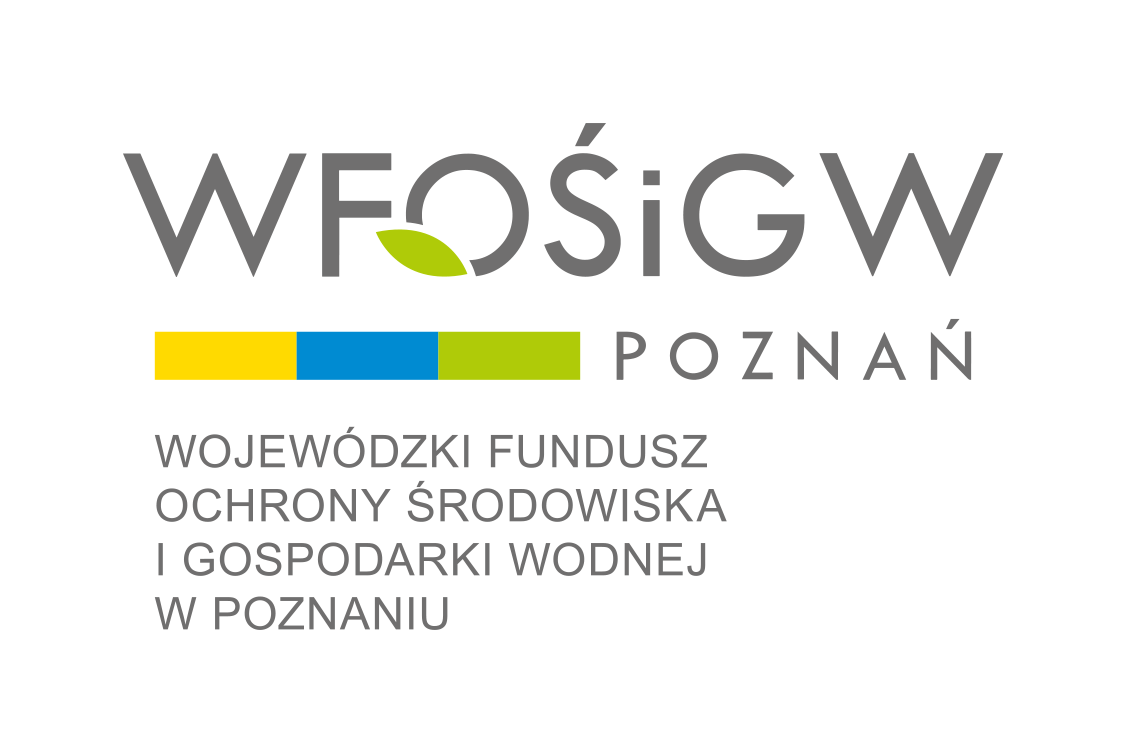51suppl:03-06
Janusz Sabor
Polish-Czech seminar on the role of Norway spruce in preserving forest ecosystems of the Silesian Beskid Mts
Abstract: On 27–28 June 2002, the Ustroń and Wisła Forest Districts (Poland) and the Jablunkov Forest District (Czech Republic) jointly hosted an international conference – seminar devoted to the role of Norway spruce in preserving forest ecosystems of the Silesian Beskid Mts. The conference took place on the initiative of the Department of Forest Trees Breeding of the Agricultural University of Kraków in cooperation with the Department of Forest Establishment and Silviculture of the Mendel University of Agriculture and Forestry in Brno. The Katowice Regional Directorate of the Polish State Forests and the Frýdek- -Místek Regional Inspectorate of the Czech State Forests participated actively in the conference and provided it with generous financial support. The conference was aimed at formulating common rules on managing the Silesian Beskid forest stands on both sides of the border. Special consideration was given to spruce stands and their significance to forest ecosystems of the region. Determining the role of spruce in the stands of Silesian Beskid is important to the proper breeding and selection management of the Beskid forests and enables their species conversion while conserving the gene pool of one of the best spruce races, namely, the Istebna spruce. The conversion programme should aim to substantially reduce the proportion of spruce in the stands (from 90 to ca 50% by area) in favour of fir, beech and admixture species whose proportion should be increased to 20–30%. Besides fulfilling the requirements of sustainable multifunctional silviculture, the conversion should at all stages obey the rules of the population genetics of forest trees. It is also necessary to utilise the results of research on the differences in the site conditions, hazard degrees and genetic values of spruce stands. One of the major objectives of the conference was to lay the foundations for permanent relations between Polish and Czech, and in the nearest future also Slovak, foresters and their cooperation for the benefit of the Silesian Beskid forests which are part of our common heritage and treasure. The seminar brought together scientists from many Polish and Czech research institutions, such as the Institute of Dendrology of the Polish Academy of Sciences (Kórnik), the Forest Research Institute (Warszawa), the Technical University of Opole, the Agricultural University of Kraków, the Mendel University of Agriculture and Forestry (Brno) and the Research Institute of Forestry and Game Management (Frýdek-Místek), the representatives from the Ministry of the Environment of the Czech Republic, and many workers of the Polish and Czech State Forests. The outdoor session included visits to a registered seed stand with a considerable proportion of spruce and fir growing on a mixed mountain forest site (Czarne Forest Range), an approved spruce seed stand (Zapowiedź Forest Range), spruce family archives, and the Wyrchczadeczka Station of the Carpathian Gene Bank– all in the Wisła Forest District (1st day), and to spruce stands in the Jablunkov Forest District (2nd day) where the hosts demonstrated varied methods for the conversion and management of mountain spruce, among them plots with natural and artificial spruce regeneration, plantations containing admixture species, stands at a stage of decomposition, and an elite approved seed stand constituting the genetic and raw material base of resonant wood.
The papers featured in this issue were presented at the conference. Kraków, 11 July 2002 Prof. dr hab. Janusz Sabor Head of the Department of Forest Trees Breeding Agricultural University of Kraków











